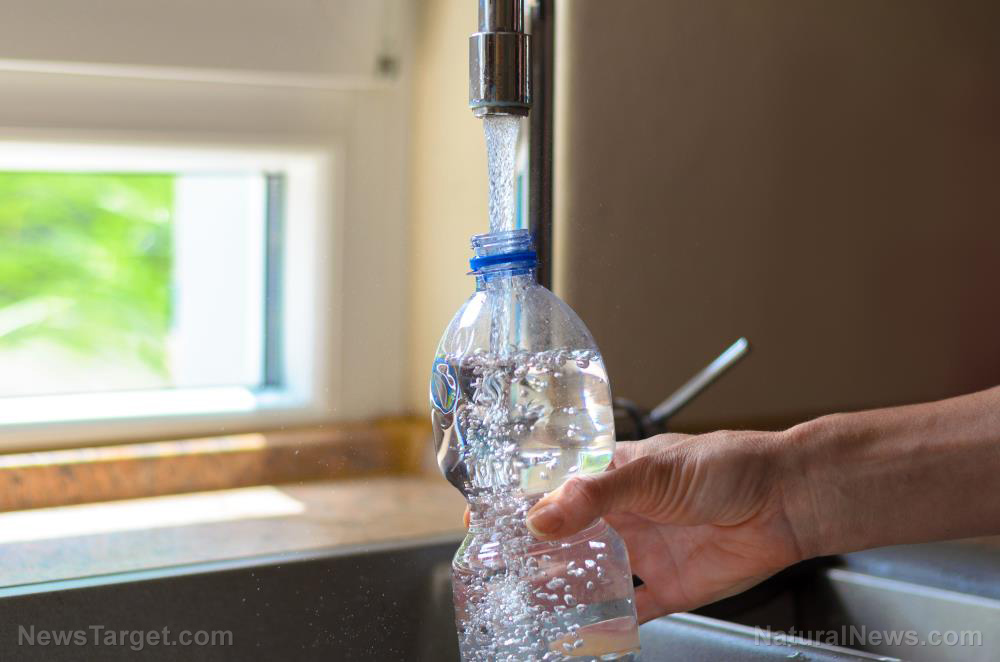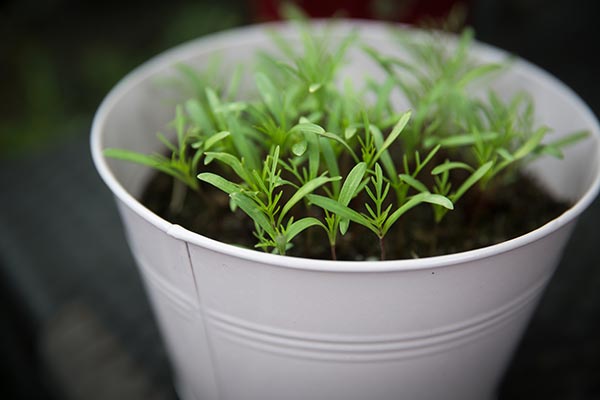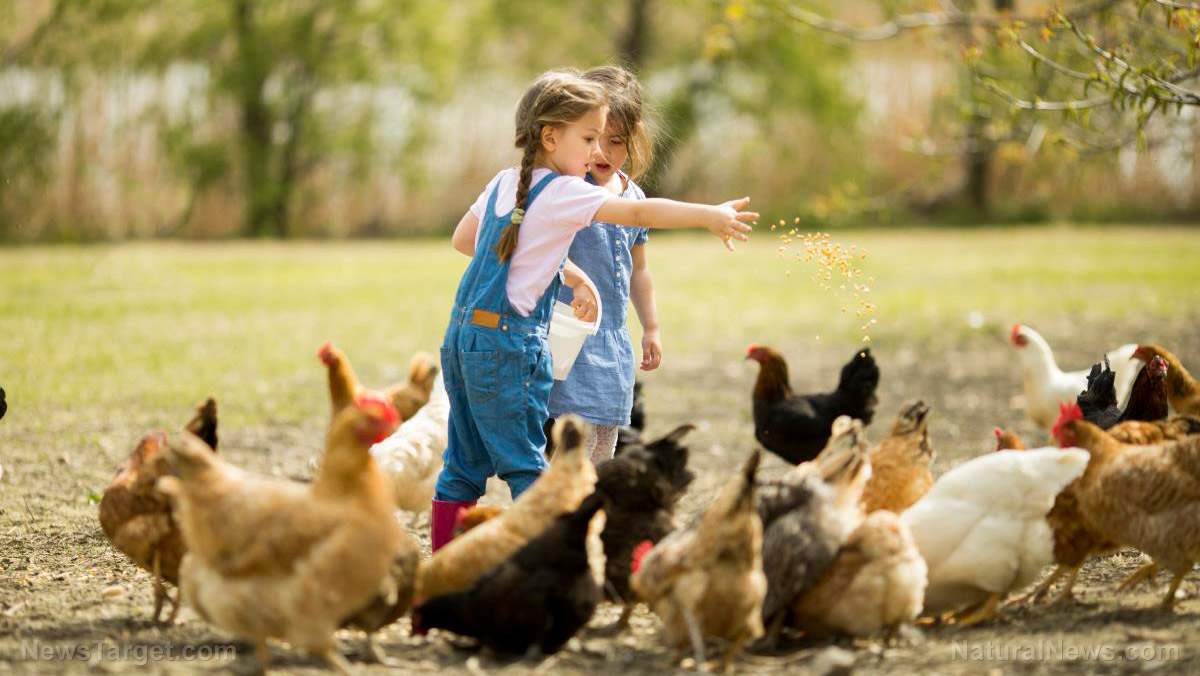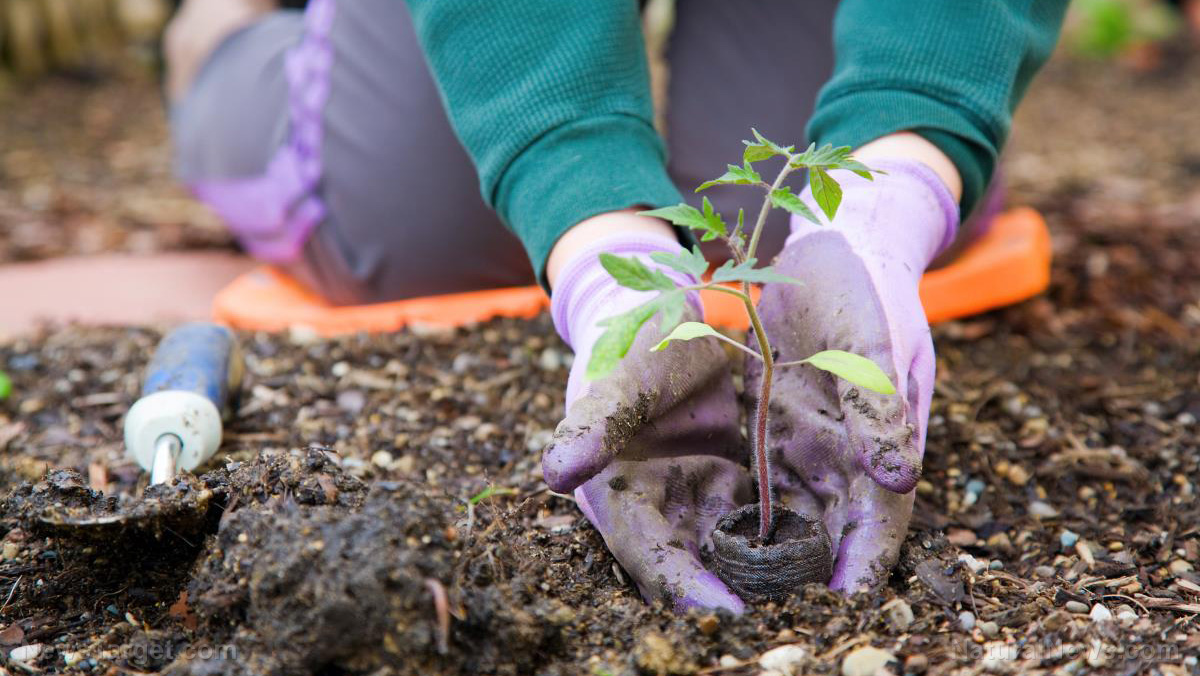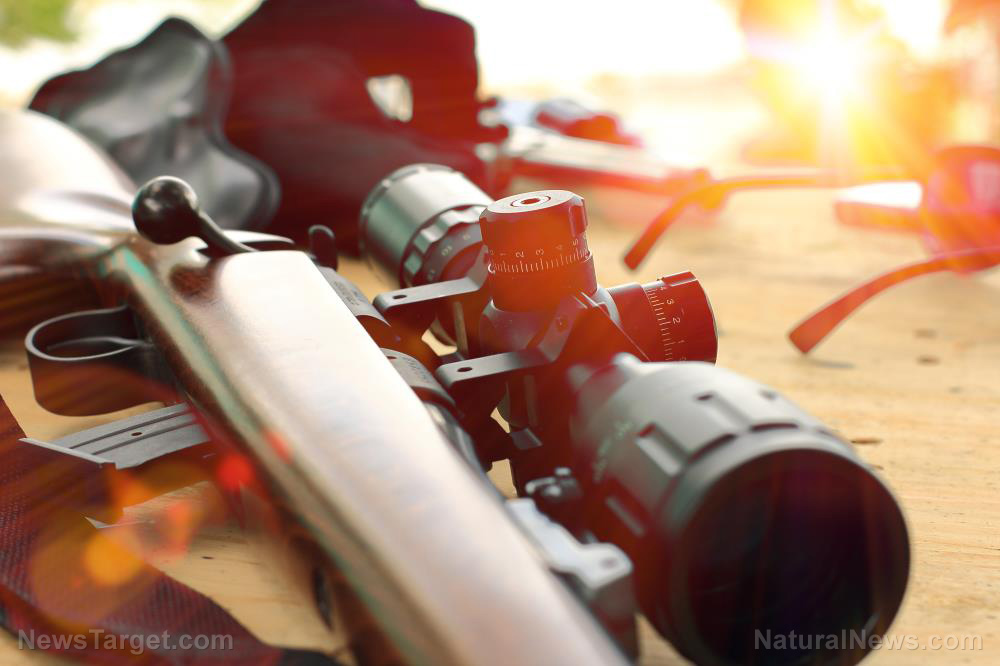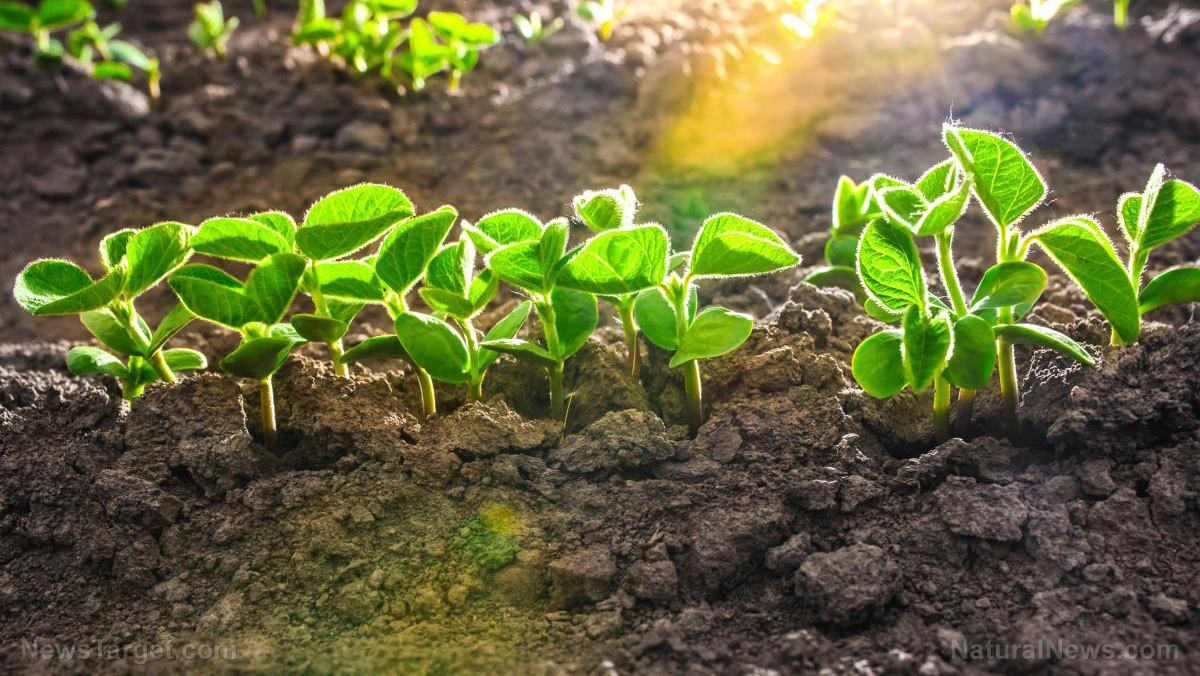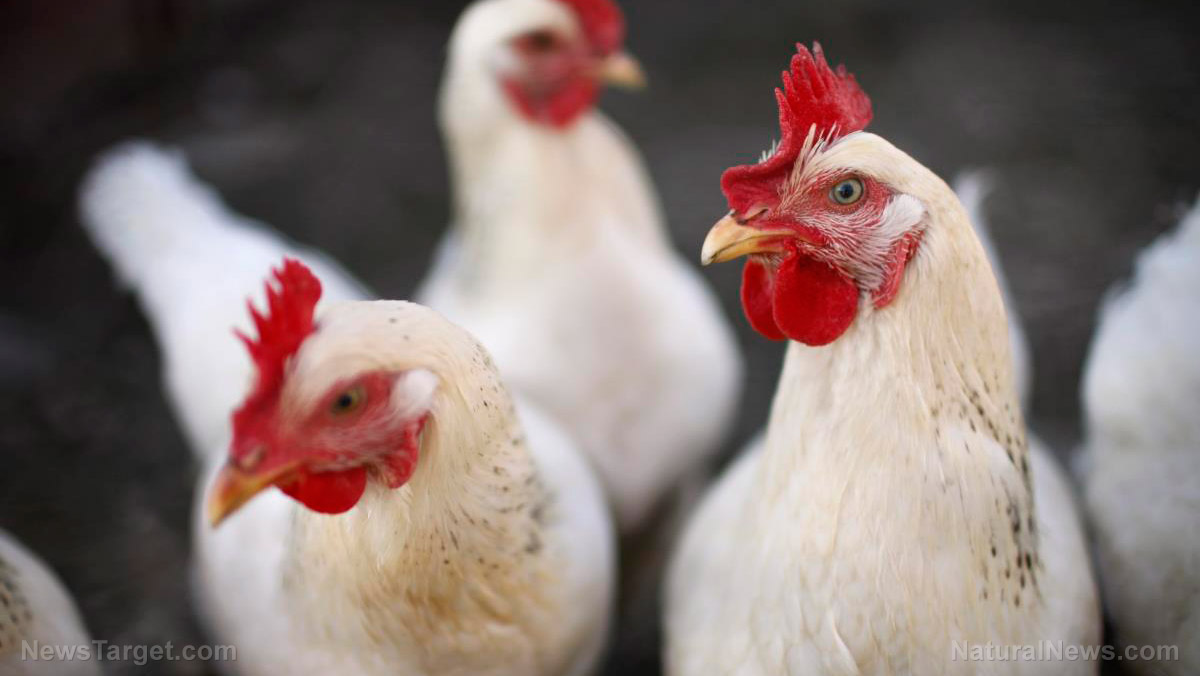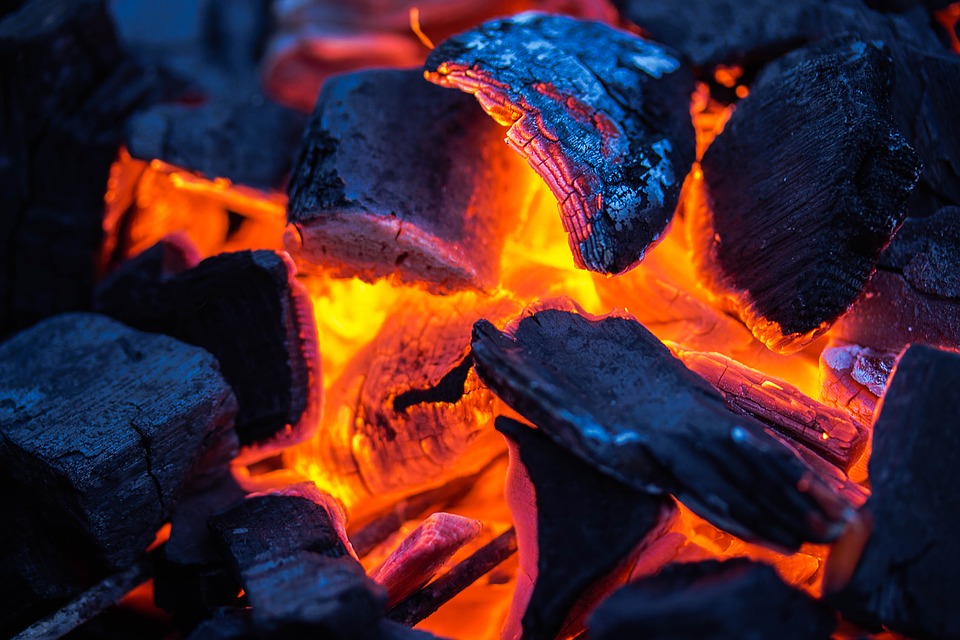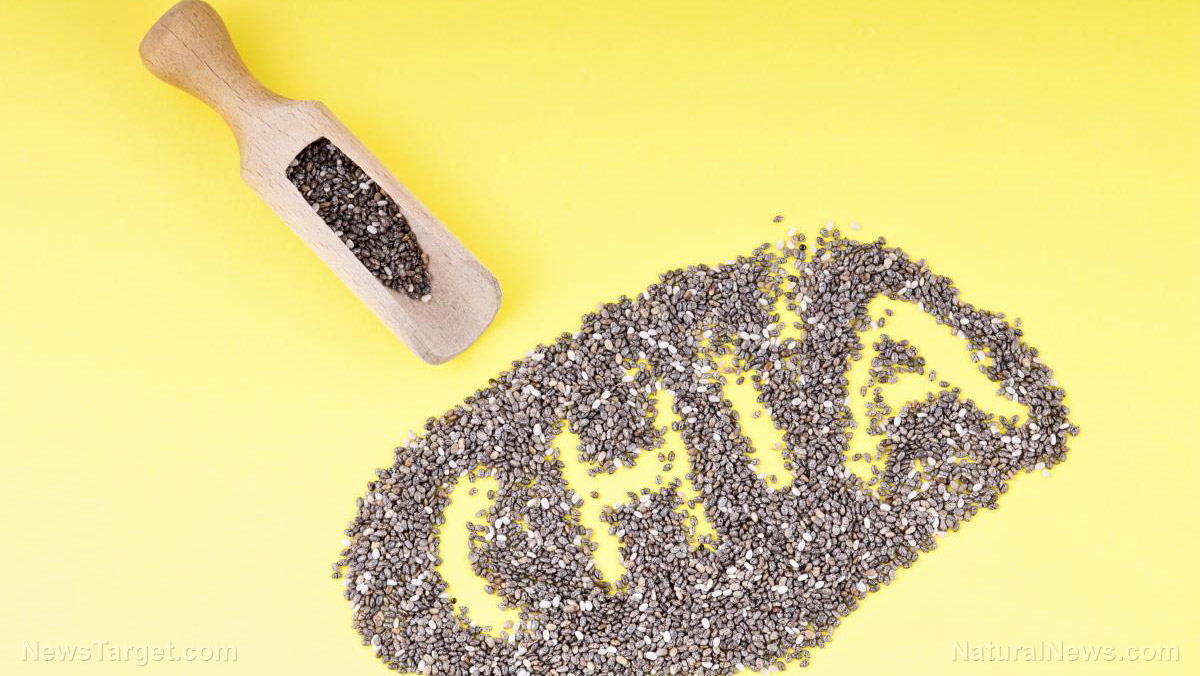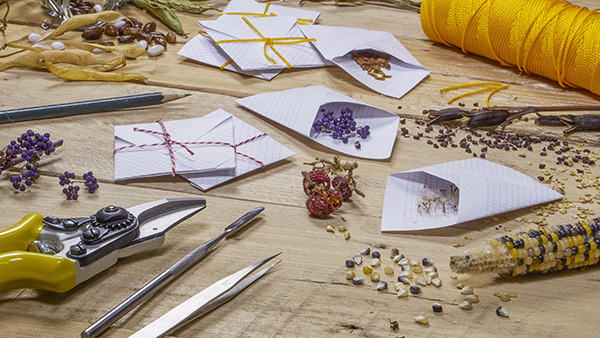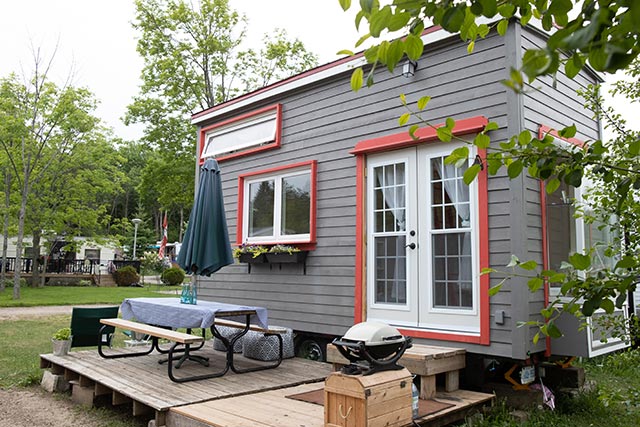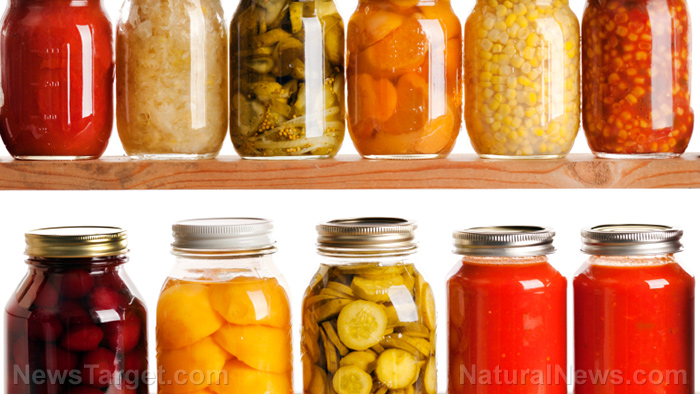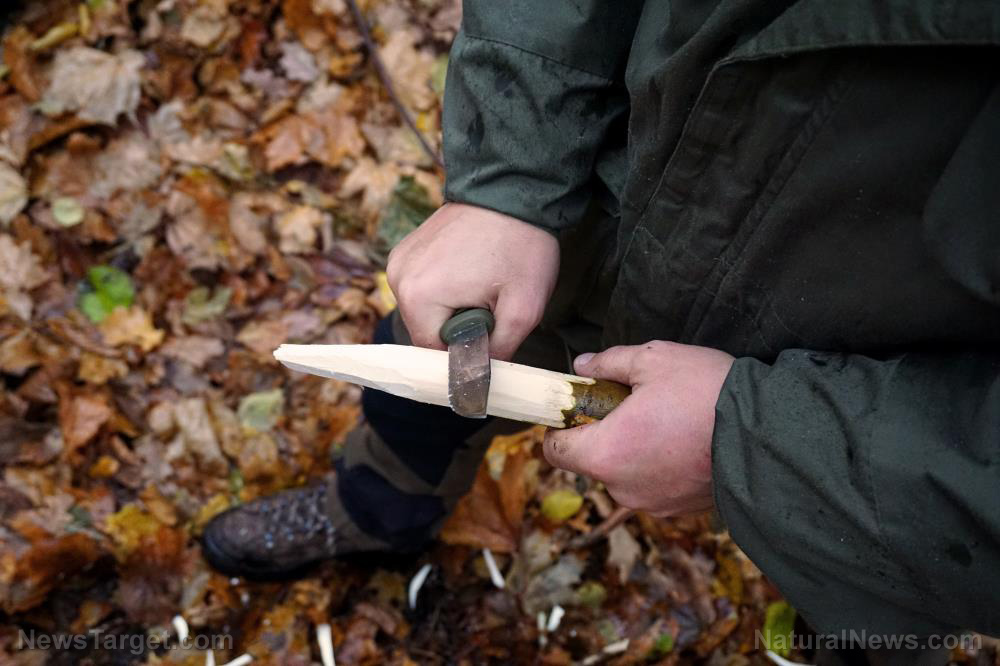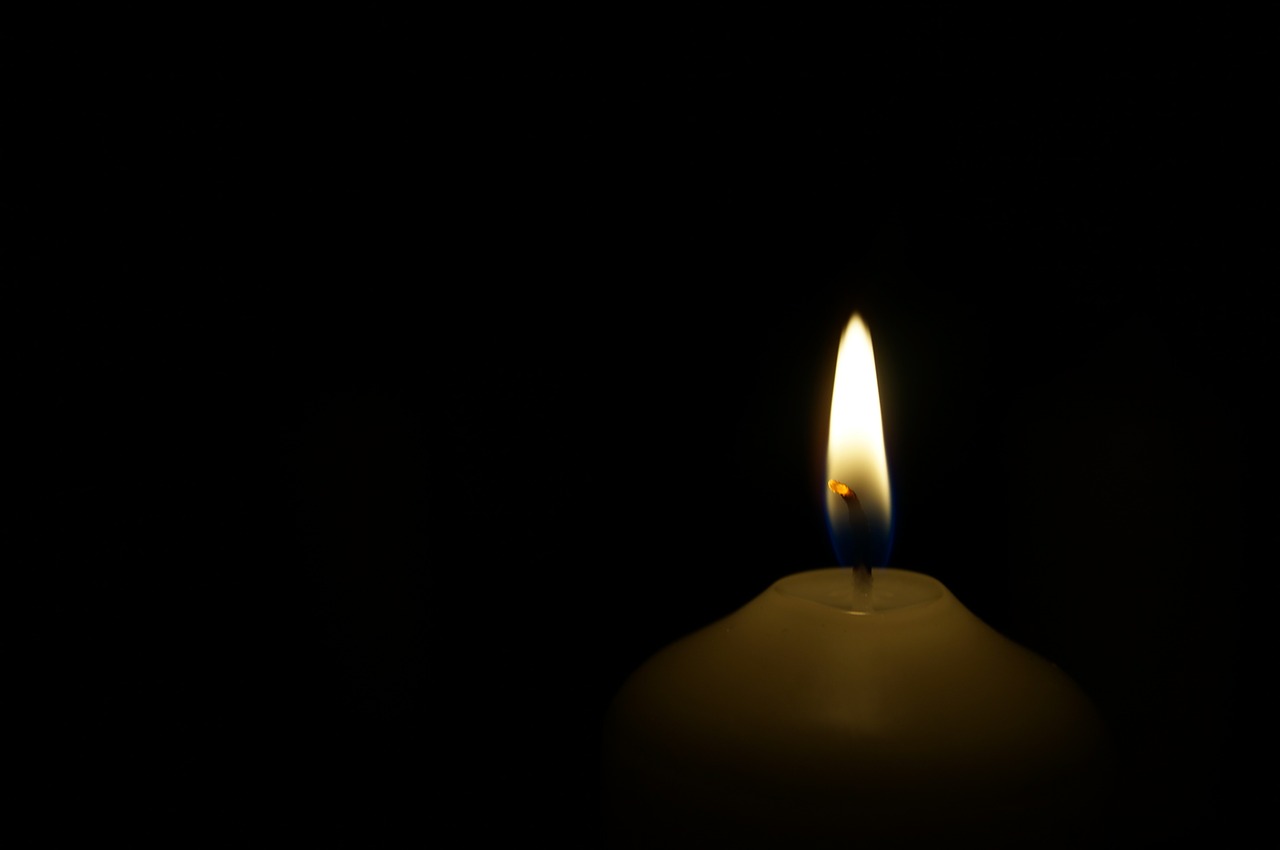4 Ways to secure your home from potential threats when SHTF
02/14/2020 / By Arsenio Toledo
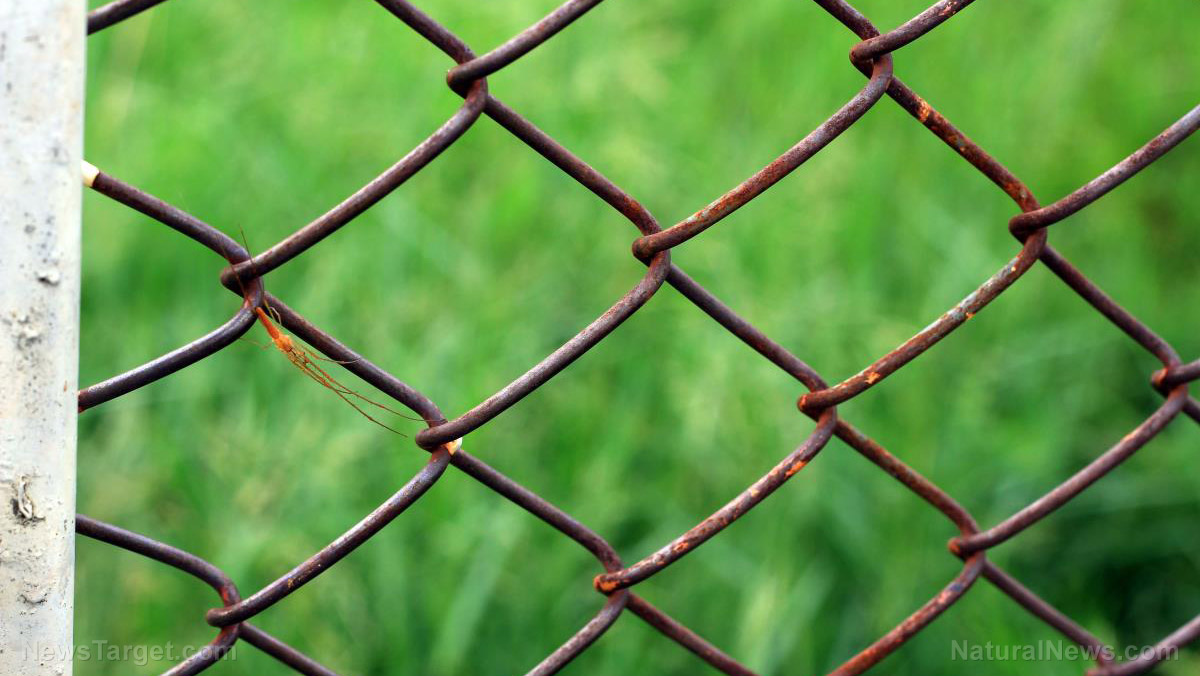
When SHTF, your home turns into your fortress. If you want to defend yourself from all kinds of threats during disastrous times, you must secure your fortress. Not only should you upgrade your home’s defenses, but you must also make sure that you and your family can stay hunkered down for longer periods of time. Here are four things you can do to keep your home secure. (h/t to DoomsdayMoose.com)
Establish a proper security system
Homes can be secured from natural disasters through reinforcing certain areas of the house, such as the roof or the foundations. However, these kinds of upgrades don’t protect the house against other people. This is what a security system can do. It can keep people with questionable motives out of your home. Security systems can involve securing your door with multiple locks, installing an alarm system or even getting a guard dog. A security system is an effective deterrent, as it sends a strong signal to criminals that the occupants of the house are prepared for an attack. (Related: Pro tips: Simple ways to keep your home safe from burglars.)
Chain-link fences
Chain-link fences are an excellent investment. If you have children or pets, a proper fence lining the perimeter of your property can keep them inside, allowing them to play freely without making you worry too much. Chain-link fences are sturdy and can be an excellent deterrent for any would-be home invader. However, do note that a fence won’t stop somebody for long. People can climb over fences or pry them open with bolt cutters, but this shouldn’t deter you from buying a fence. It just means that you can’t rely solely on a fence to protect your home. You should integrate your property fence with some alarm systems, such as security cameras or warning sirens. Also, don’t forget to beef up your personal arsenal.
Keep yourself warm
Strong deterrents against would-be home invaders aren’t going to mean anything if you are unable to live in the home you reinforced. An emergency situation can come at any time. If it comes during the winter and the power goes out, you will need a source of heat. If you have a fireplace, stock up on firewood. If you don’t have one, get a wood burning stove or a gas-powered heater. Consider learning how to insulate your own home. Also make sure that you’re stocked up on blankets, sheets and warm clothing items just in case you run out of fuel for your heat source.
Look to your sustenance
No home can be a fortress if its occupants are at risk of starving. During disaster situations, make sure you have enough sustenance on hand to last you for a while. Every person in your household should be able to drink at least one gallon of water per day. At a minimum, you should store three day’s worth of water. If you’re all alone in your home, that means three gallons tucked away somewhere. If you’re a family of four, that’s 12 gallons. If you can afford it, a safer minimum would be two weeks’ worth of water. Make sure that the food items you buy are healthy and non-perishable. Many natural health stores have sections devoted to preparedness foods. Buying canned goods isn’t advisable, as they are very unhealthy, but they may come in handy as a last resort. Don’t forget to stock up on food and water for your pets as well.
If you want to feel confident that you can survive an emergency from the comfort of your own home, you must take steps to make sure no external threat and no lack of preparation will hinder you from bugging in. Prepping for disaster takes a lot of investment, so buy everything you need piecemeal. As long as you’re moving toward your goal of being 100 percent prepared, no progress is too slow.
Sources include:
Tagged Under: bug in, Collapse, disaster, emergency, Home Defense, home security, homesteading, preparedness, prepping, self-reliance, SHTF, survival
RECENT NEWS & ARTICLES
Homesteading.News is a fact-based public education website published by Homesteading News Features, LLC.
All content copyright © 2018 by Homesteading News Features, LLC.
Contact Us with Tips or Corrections
All trademarks, registered trademarks and servicemarks mentioned on this site are the property of their respective owners.



